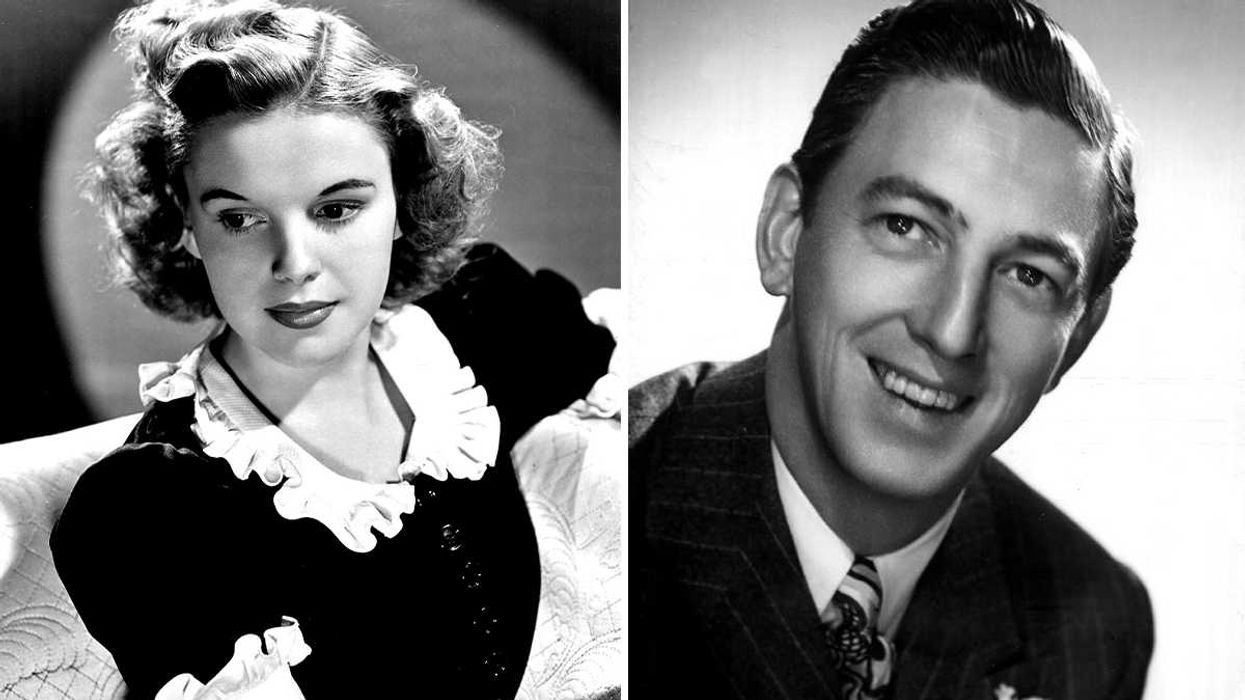I’m making a film about silence. It sounds a little strange, I admit. After all, you can’t see or hear silence, so how does one make a film about it? You’re probably also wondering, “Why silence? what’s the big deal?” Like silence itself, my fascination with it is a bit mysterious to me.
It might have something to do with the fact that I have virtually no experience of silence in my life. Then there's the fact that people throughout the ages have gone to the ends of the Earth, literally in some cases, to seek it out. And what would cause someone like celebrated artist Jean Arp, one of the founding members of the Dada movement, to say that "we have turned our backs on silence"? I know this: silence is mysterious, elusive, and powerful and I'm somehow drawn to it, like many others before me. I also know, as we all do, that our world has gotten ridiculously noisy and that silence, whatever it is, is quickly passing into legend.
You wouldn't think that something as harmless as sound could pose a serious enough threat to garner the attention of groups like the World Health Organization and National Institutes of Health. It indeed has. So severe is our noise problem that the WHO has labeled noise pollution as the second-most pressing threat to public health, after air pollution.
Have you noticed how loud it has gotten? If not the airplanes roaring above our heads or the screeching brakes of a subway car, maybe you've noticed the barrage of text or email notifications sounding off around us or the constant din of traffic underlying your daily soundscape. If you're like most people, you drown it out with yet another layer of sound, perhaps of the musical variety, often pumping at high volume through a pair of small speakers jammed into your ear canal. Or maybe you've gotten good at psychologically "tuning out" the noise around you.
Apparently tuning it out isn’t good enough. According to the mounting evidence, our bodies, which have no mechanism in place to "tune out" any sort of auditory stimuli, are suffering. Stress, heart disease, increase in blood pressure, and lower productivity aside, some of the research even suggests that noise can kill on the spot. Low frequency sounds, like those produced from ventilation and heating ducts, can resonate with the frequencies of our body cavities vibrating in time with the chambers of the heart, increasing the potential for thrombosis.
Technology exponentially grows more advanced by the week and promises to make us more efficient, green, productive, connected. With every new gadget we introduce into our lives, so expands our daily soundscape. What are the implications of this for a hunter-gatherer species that has been conditioned for over a million years to react instinctively to sudden, loud events?
In the midst of all this innovation, we struggle to hear ourselves think, imagine, and connect with ourselves. So flooded are our brains that we are always reacting to something. If sound hinders activity in the pre-frontal cortex (our conscious minds) as the research shows, then what possibilities lie in silence, when we are given room to think, reflect, and imagine?
I hope to find out. If you’re just as intrigued by silence as I am, check out the Kickstarter campaign for my film In Pursuit of Silence and help me tell this story.
This project was featured in GOOD's Saturday series Push for Good— our guide for crowdfunding creative progress.















 Otis knew before they did.
Otis knew before they did.